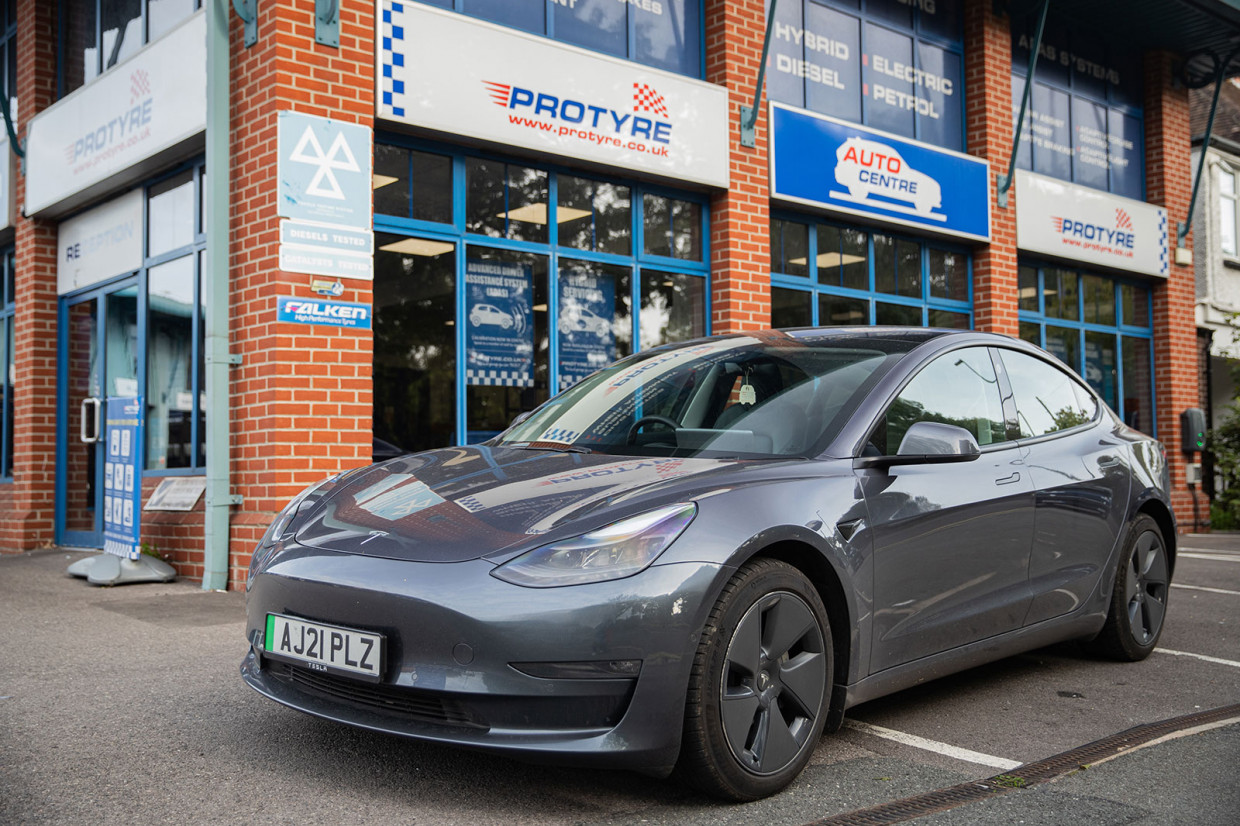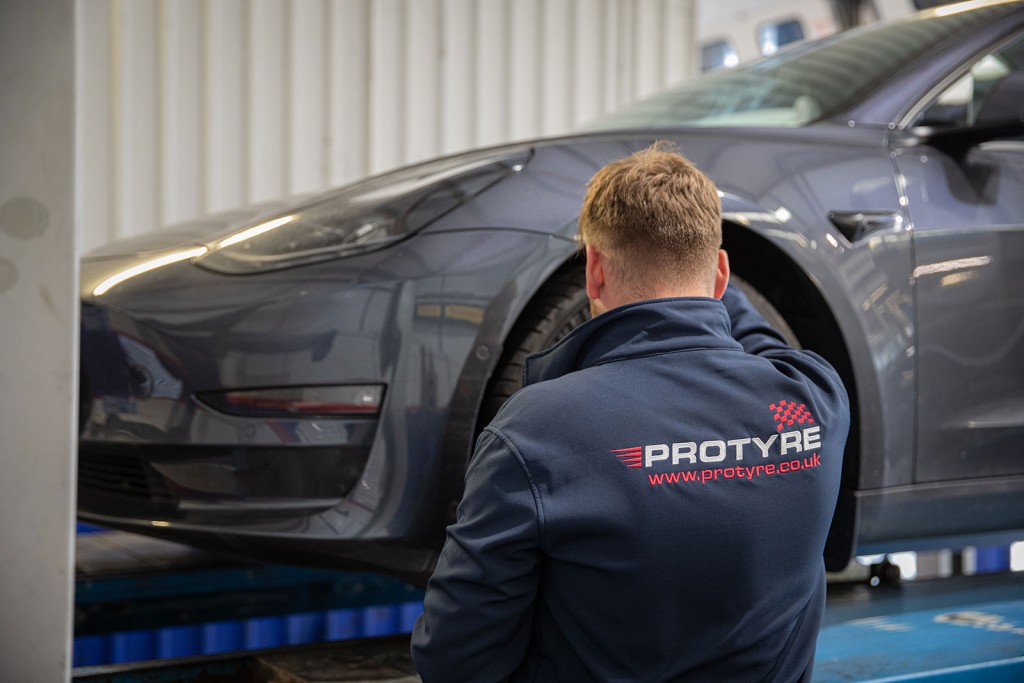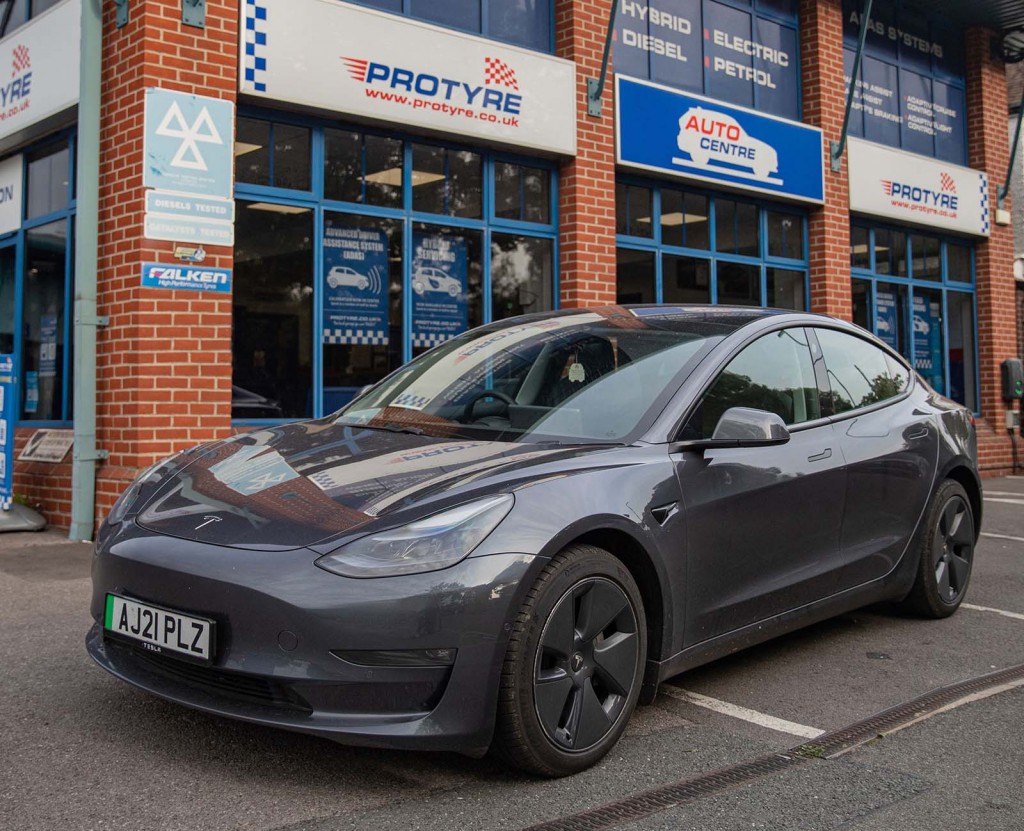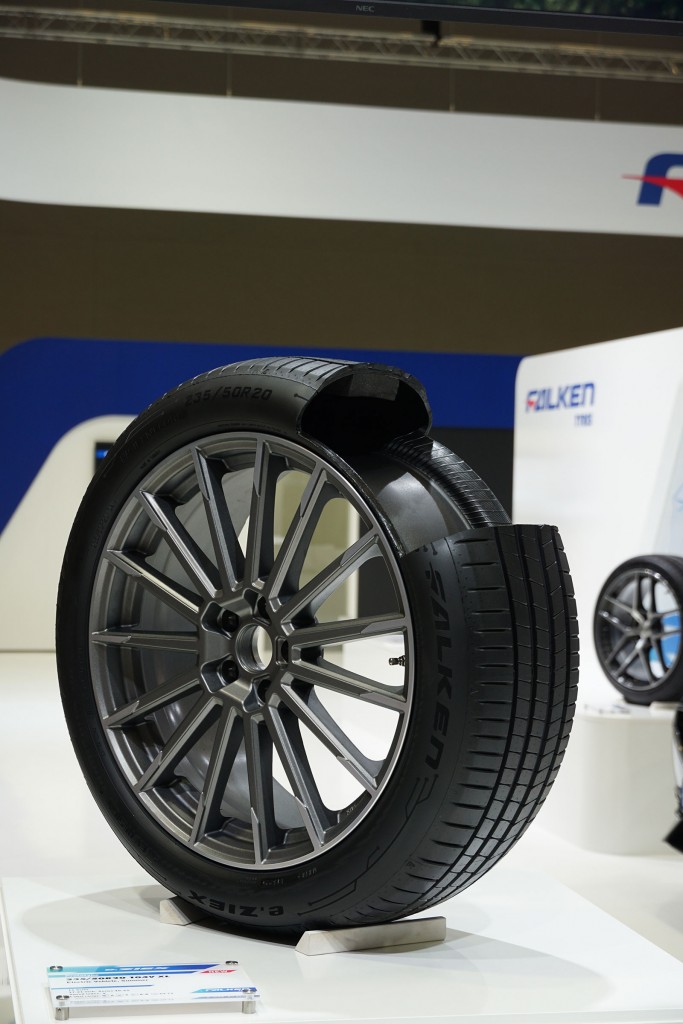
Faced with high prices for replacement EV tyres, many owners are buying cheaper regular tyres that don't perform as well and may even compromise their safety, warn experts.
From the factory, the tyres fitted to new electric cars are designed to cope with the high kerb weights and strong torque of electric vehicles. To ensure the cars achieve their maximum range, they have lower levels of rolling resistance and for optimum braking, high levels of grip. In the absence of engine noise, they are quieter, too.

The best EV tyres meet all these challenges but at a price. For example, a Michelin e.Primacy tyre for a Volkswagen ID 3 costs £165 from Halfords, compared with £91 for a regular Primacy 4 tyre fitted to a Volkswagen Golf 1.5 TGI – a difference of £74. Differences in price such as this are deterring many EV owners from buying the correct tyres for their vehicle, while others on tight budgets are choosing from the vast range of tyres available at low prices for all vehicle types.
Martin Miller, founder of EV Experts, a dealer in used electric vehicles, says that some EVs his business has received in part-exchange have had dangerously unsuitable tyres fitted to them: "Recently we took in a Nissan Leaf with tyres fitted to it that I know cost only £29 each. We replaced them before selling the car because they were unsafe."
Experts say that by having regular rather than EV-specific tyres fitted to their cars, drivers risk experiencing reductions in range and braking performance, increased wear rates, higher noise levels and in extreme cases, the possibility of blow-outs and accidents.

"We always make customers aware of the benefits of buying EV-specific tyres over regular tyres," says Adam White, regional director of Protyre, a tyre supplier with almost 200 branches nationwide. "Because they're specially engineered for electric vehicles and from premium brands, they are more expensive than like-for-like tyres for regular vehicles but they are the right tyres for the job."
Fortunately for cost-conscious EV drivers, mid-range EV tyres at slightly lower prices than premium ones are starting to enter the market. They include Hankook's ION EV-specific tyre range and Giti's SynergyE2 range. They're joined next year by Sumitomo Rubber's new Falken e.ZEIX range. It is the Japanese company's first tyre designed for electric vehicles and will be available in multiple sizes at prices yet to be announced.
Despite the increasing availability of cheaper EV tyres, Martin Miller says he doesn't always replace worn tyres with EV-specific ones, either premium or mid-range. "I believe that for mainstream EVs, regular, premium-brand tyres with a high load rating suitable for an EV's higher kerb weight are perfectly safe. However, for high-performance EVs, such as the Jaguar i-Pace, we always fit the correct, EV-specific tyres."

The load rating Miller refers to is the two-digit and letter combination found on the tyre wall. The higher the number, the greater the load, measured in kilograms, that the tyre can safely support. For example, 80V means the tyre can support 450kg (V is the tyre's speed rating). Load ratings range from 65 (290kg) to 108 (1000kg).
Miller accepts that regular tyres do not have the lower rolling resistance of an EV tyre but claims to have found that in some cases, they can improve a car's steering and handling. "When we swapped a Renault Zoe's ePrimacy tyres for regular Primacys, the car was much better to drive." Regarding a reduction in range, the deficit is likely to be only a few miles or so which, Miller believes, is not much if a driver can charge easily or they only do short journeys.
Another challenge facing EV drivers shopping for replacement tyres is finding a garage they can trust to do the job properly and safely. An electric shock or fire are just two of the risks that fitters face, while there have been reports of untrained staff jacking up vehicles on their battery cases, causing thousands of pounds' worth of damage.

To prepare them for working on electric cars, tyre suppliers including Micheldever, owner of Protyre, and ATS Euromaster are rolling out training programmes across the country. In conjunction with the Institute of the Motor industry (IMI) they aim to give fitters the skills and knowledge to work on electric cars and to understand the benefits of supplying and fitting tyres appropriate for EVs.
Commenting on his company's training programme, Phil Brookes, Micheldever’s training and customer development manager, said: “Few businesses fully understand the dangers looming for those unprepared for the influx of customers wanting to replace their tyres, let alone understand how EV tyres work. Very little training takes place in this industry and that is why we are providing independent retailers with the knowledge they need.”
John Evans
READ MORE
Subscribe to the Move Electric newsletter
e-CARS
Video: Can the National Grid cope with a surge in electric vehicles?
e-BIKES
What to look for when buying an e-bike: Move Electric's top tips
The rise of Volt Bikes: 'when we launched, people thought we were mad'
e-MOTORBIKES
Maeving RM1 electric motorbike review
Q&A: Zapp founder on why electric mopeds are the future
Government plans 2035 ban on new non-zero emission motorbike sales
e-SCOOTERS
Tier to upgrade e-scooter fleet with a smart 'Parrot'
Q&A: Neuron Mobility's UK boss on e-scooters, safety and helmet selfies
e-WORLD
Polestar to supply battery tech to electric boat firm Candela
Engineering giant ABB working on electric Dover-Calais ferry
